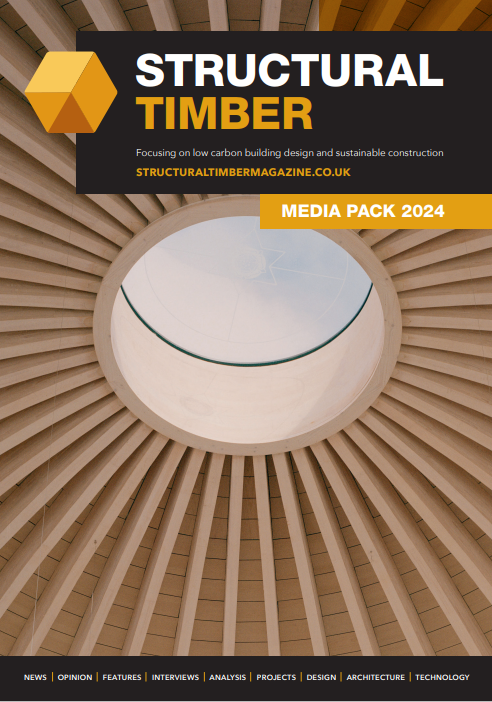Housebuilding sector moving towards modular offsite construction
As prefabricated, modular homes continue to gain popularity within the UK’s construction sector, we are starting to see more ‘flying factories’ popping up across the country.
Construction company Beattie Passive, which delivers eco-friendly, energy efficient homes, is one of the country’s growing number of firms to offer ‘flying factories’ to the building sector. One such factory is already in operation at the Graven Hill self- and custom-build development in Bicester, Oxfordshire, where Beattie Passive is one of the construction partners, and the firm recently opened its latest Volumetric Modular Flying Factory in Norfolk.
The Norfolk manufacturing base used the flying factory to construct a new set of pre-built ‘pods’ to their Bicester site, ready to be fitted out.
Lower transportation costs, less risk of delays and disruption
The name ‘flying factories’ is believed to originate back to ModCell, known for its use of straw bales to create prefabricated panels. The concept behind these cost-saving, temporary factories is that they are able to manufacture prefabricated components only for the duration of a construction project and then shut down. Building operations may then ‘fly’ to a new site at a new location to provide services for another project. As well as reducing production expenditure, transport costs are lowered and the risk of delays and disruption decreases.
The flying factory is perfectly suited to councils, housing associations and direct labour organisations (DLOs) who want to provide speedy, efficient housing for their residents, while still maintaining high quality builds. Currently, local authorities in Scotland, Wales and the Midlands are all looking to develop flying factories to meet local housing needs.
Family firm’s flying factory builds Passivhaus standard homes
Beattie Passive’s founder, Ron Beattie, who together with his wife Rosemary founded the growing company, said: “This is a whole new venture for us. As an added bonus, just like with all Beattie Passive Flying Factories, every build will be a Passivhaus standard.
‘Relocatable’ Passivhaus homes are made of individual ‘pods’ which can be fixed together to create studio apartments or multi-bedroom homes; the modular buildings can be built in a couple of weeks and erected in 24 hours. The ability to relocate these builds brings flexibility alongside security and comfort.
Beattie added: “Construction is changing. We need to find new ways of delivering homes, we cannot do it the old way and with young people not wanting to come into the industry it is struggling.
A housebuilding revolution
Passivhaus is the leading international low-energy design standard. Worldwide, more than 65,000 buildings have been designed, built and approved to this standard. The Passivhaus Trust was set up with the objective of reducing carbon emissions and reducing energy useage by UK buildings and to deliver high standards of building health and comfort. Flying Factories work well with the concept of producing ‘pod’ type structures that meet the Passivhaus criteria and are becoming a force within the housebuilding design and construction industry.
Unveiling the Beattie Passiv Flying Factory in Norfolk, Richard Bacon MP said: “The ability to build affordable, energy-efficient homes at scale could spark a ‘revolution’ in housebuilding. There is no area where this solution does not apply and Beattie Passive is in the vanguard of it.”
Original link - Buy Association













